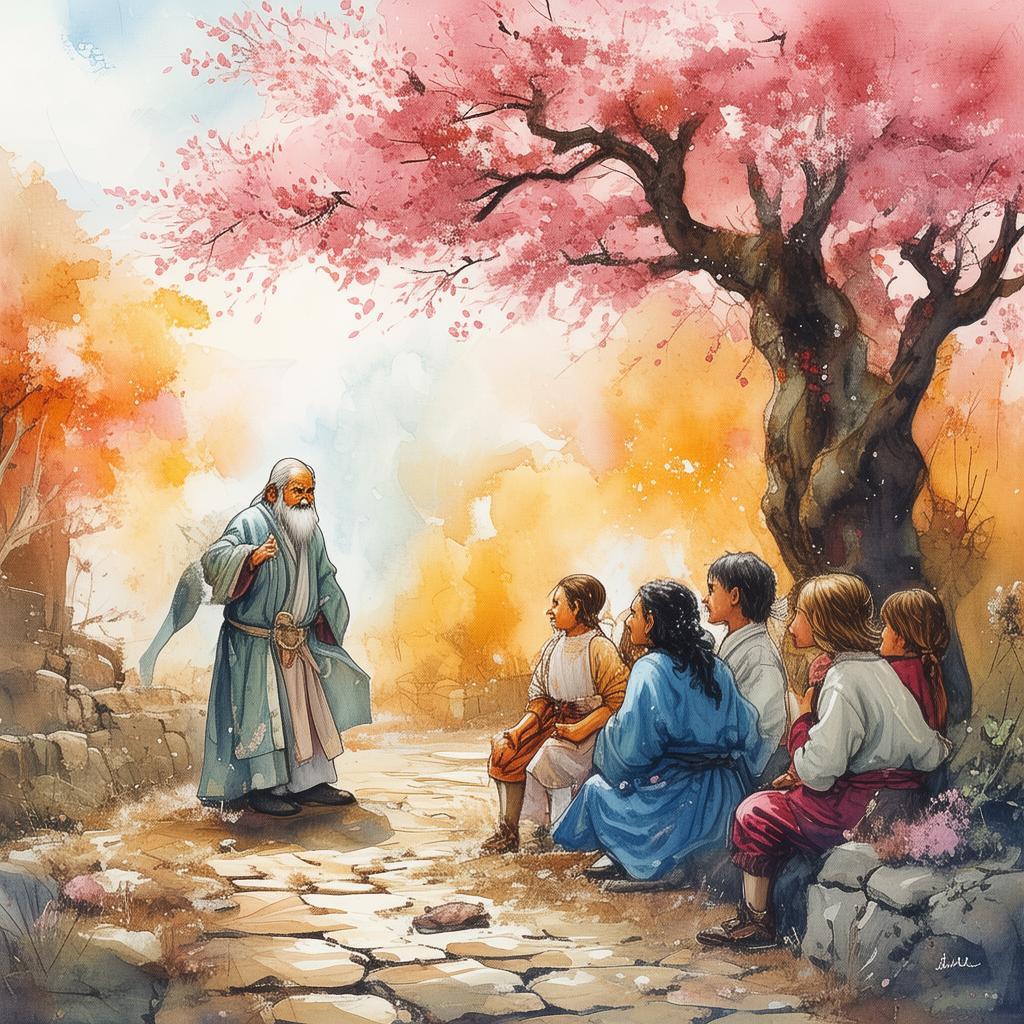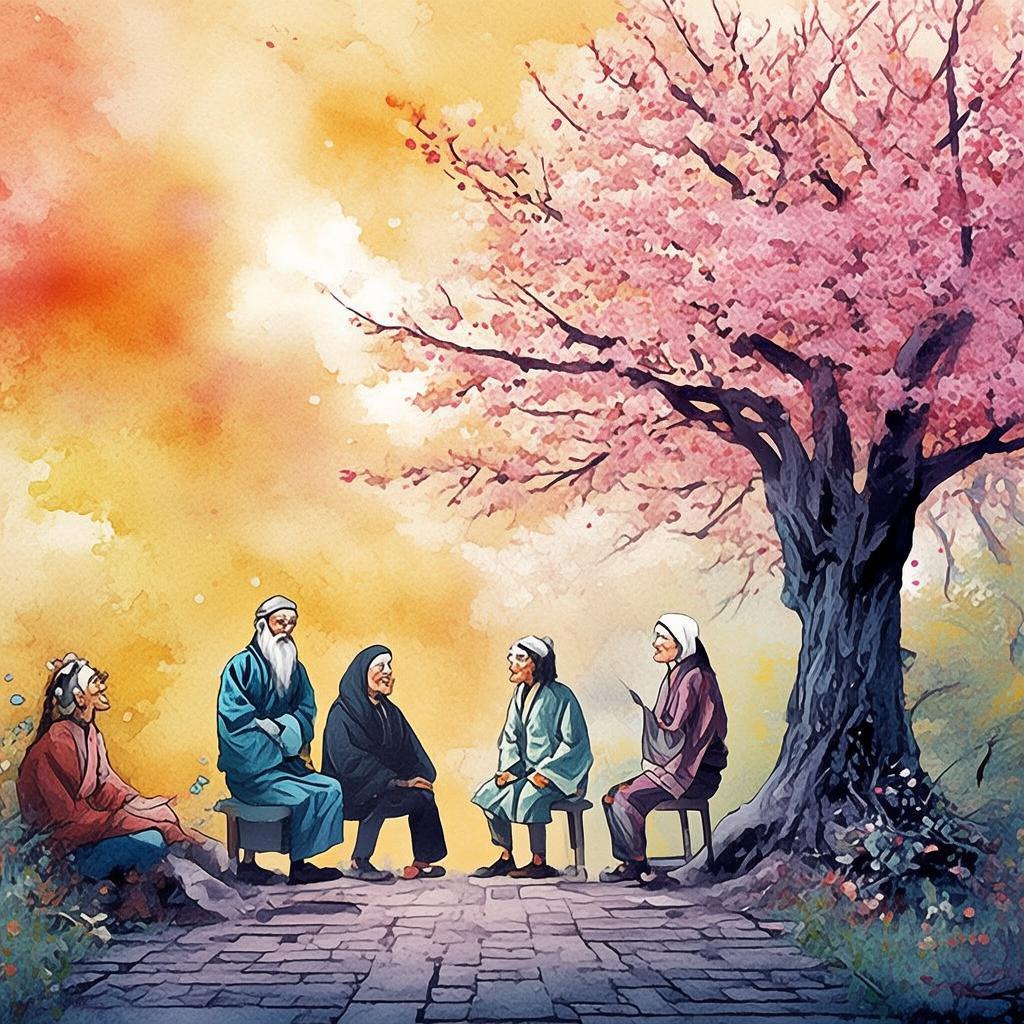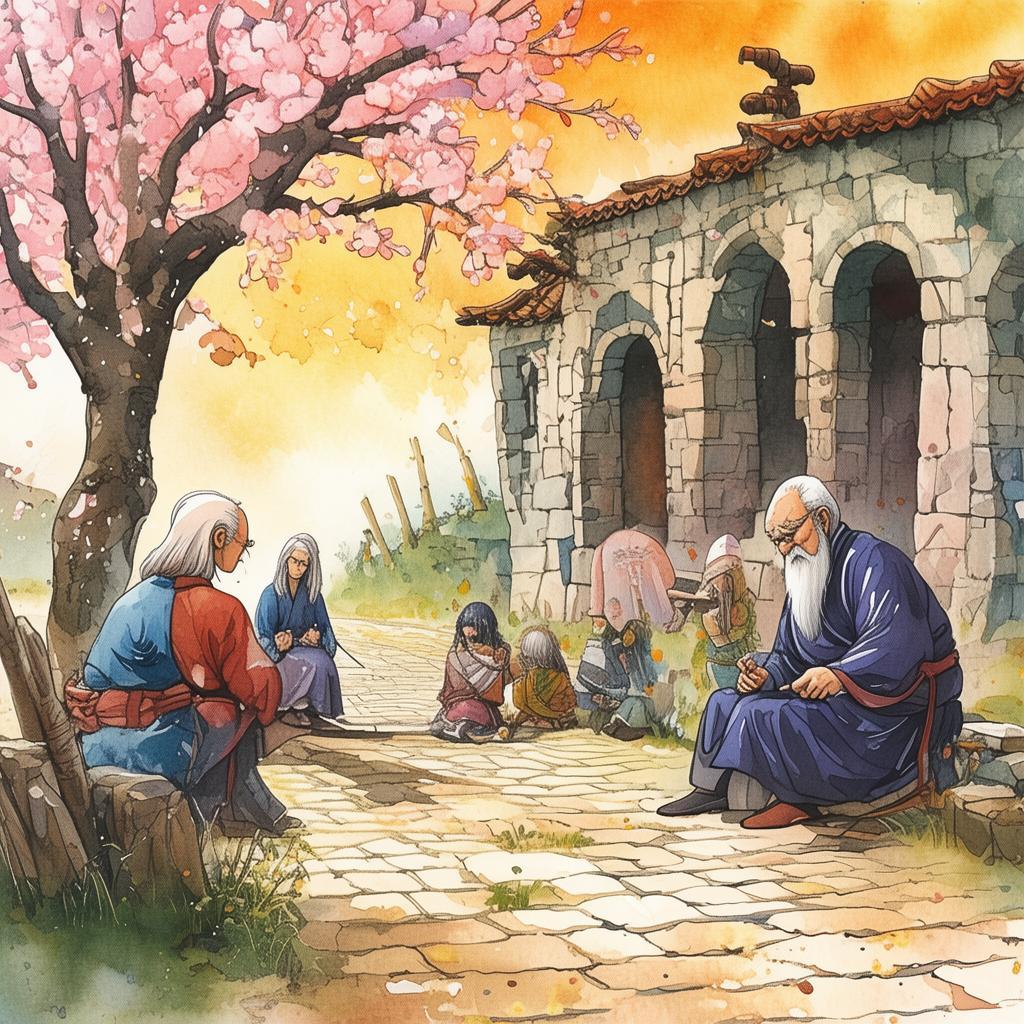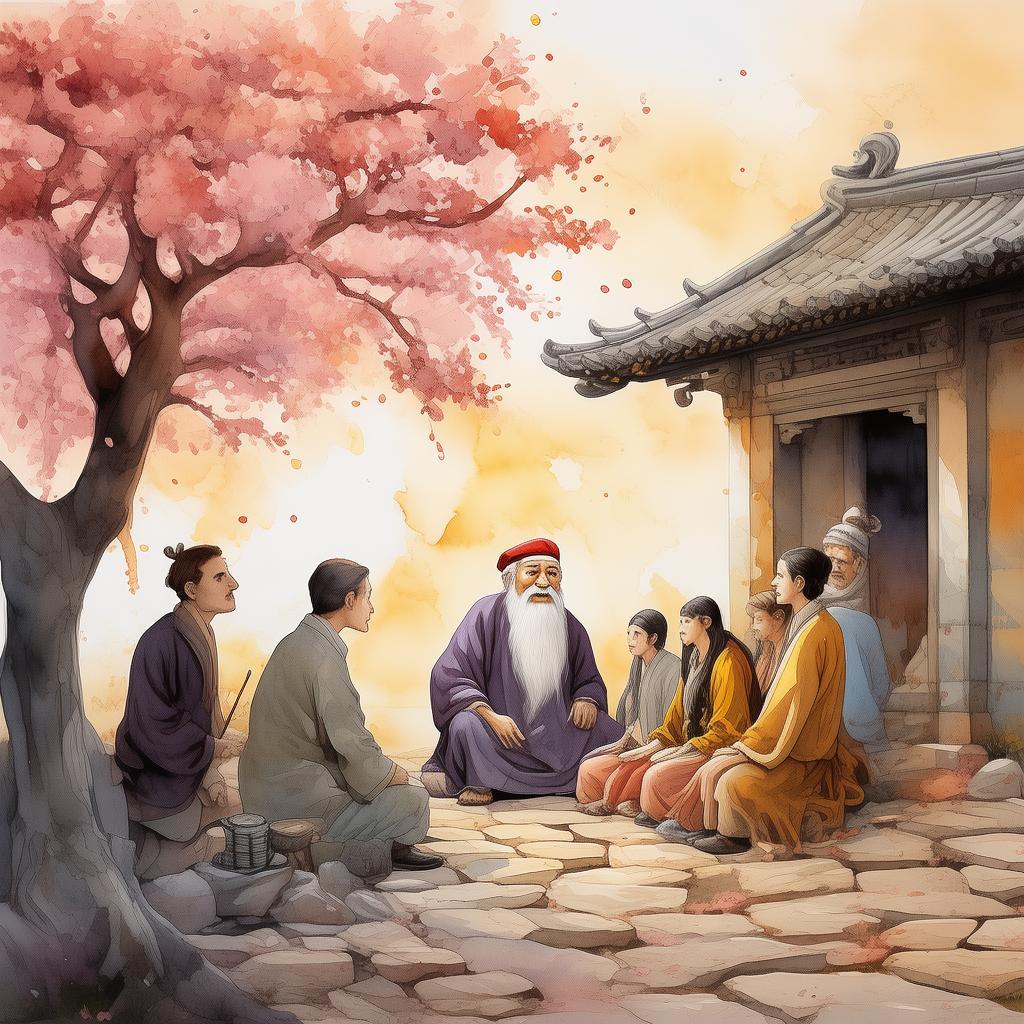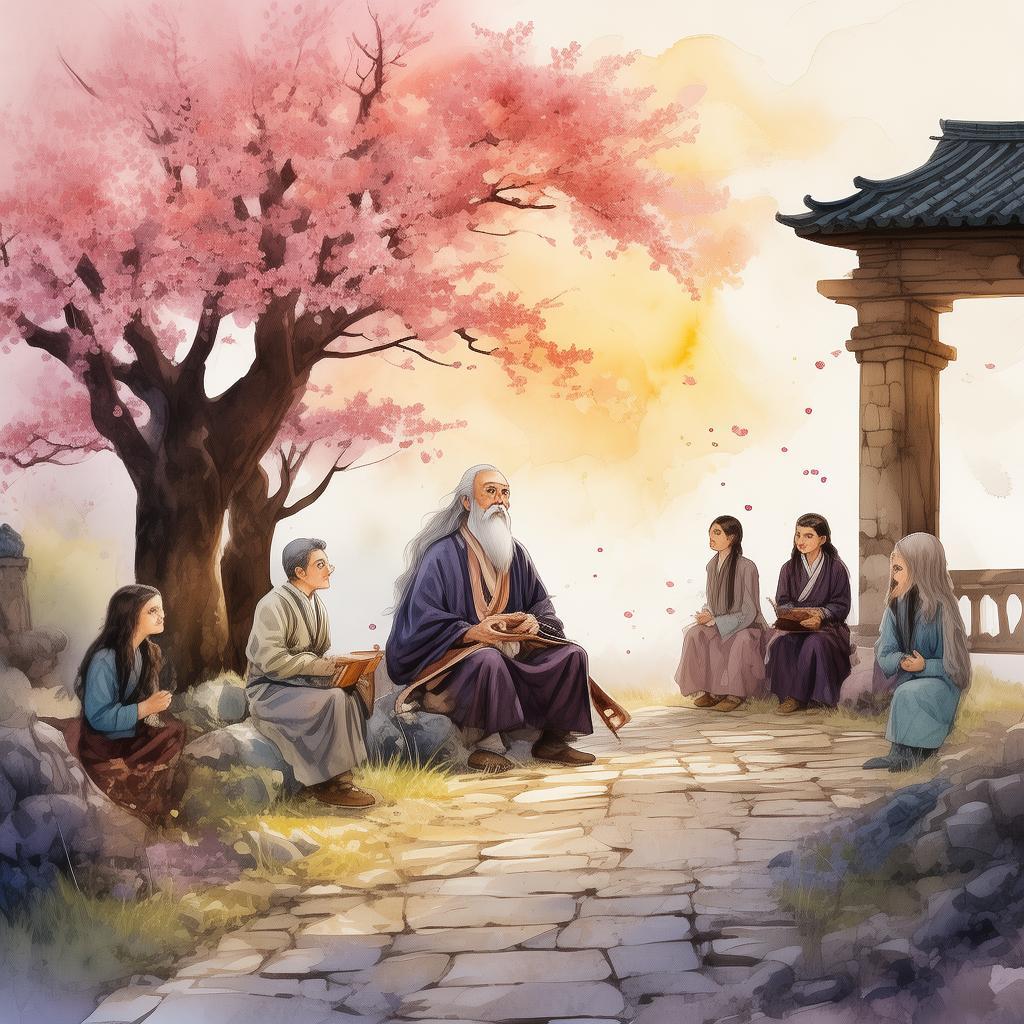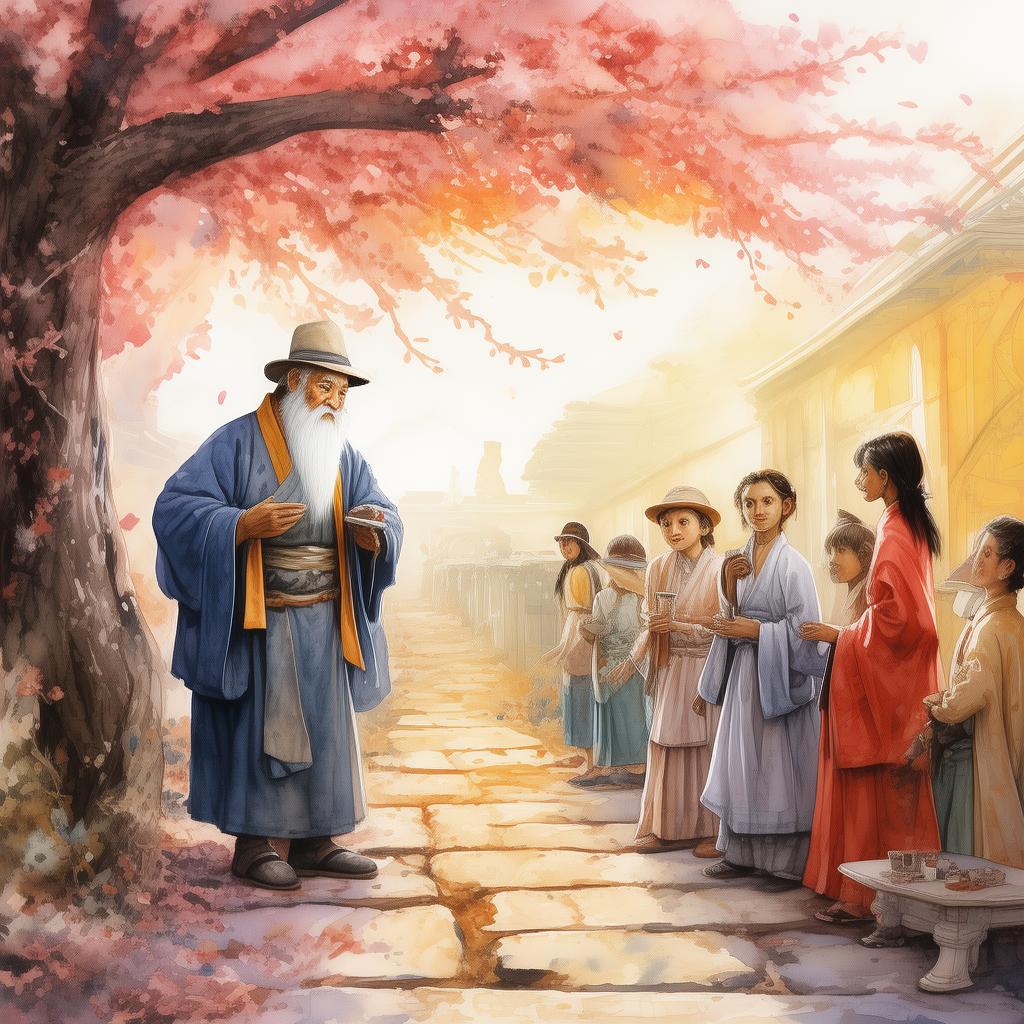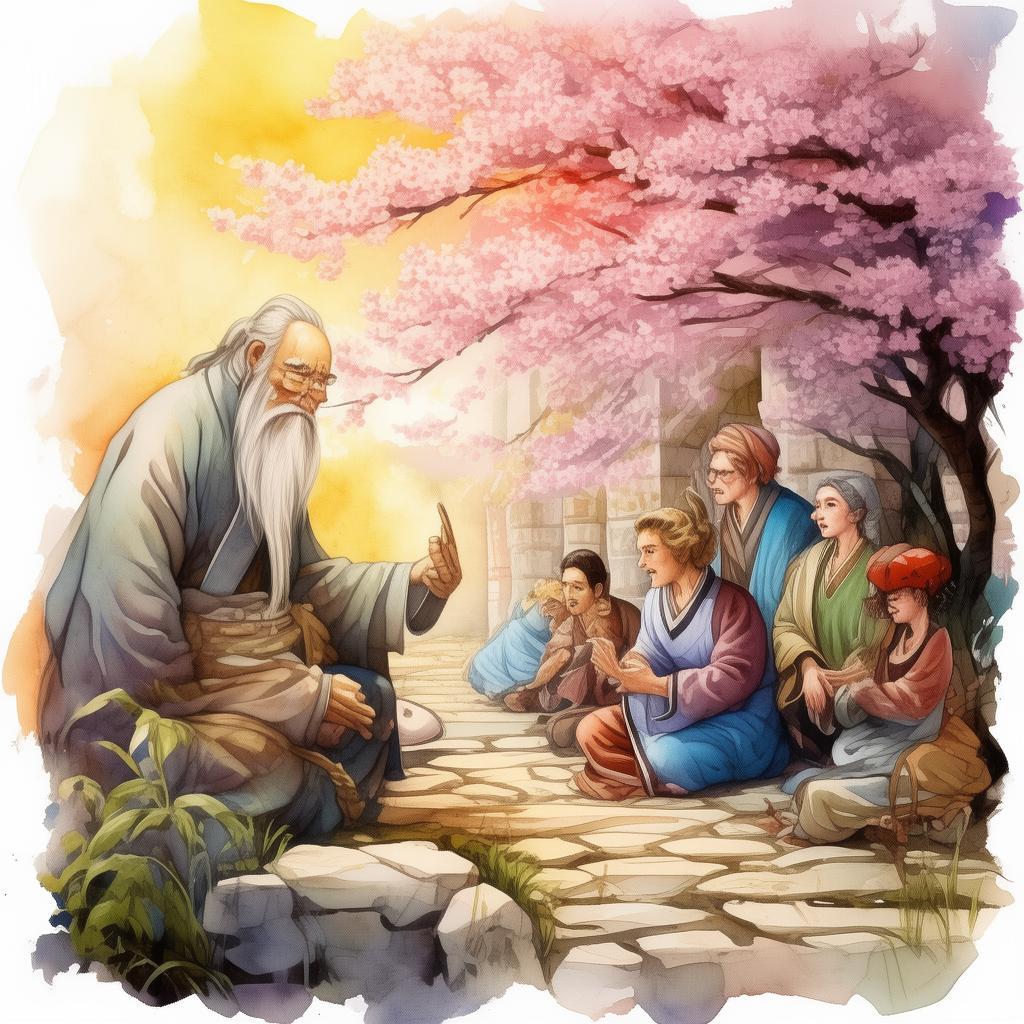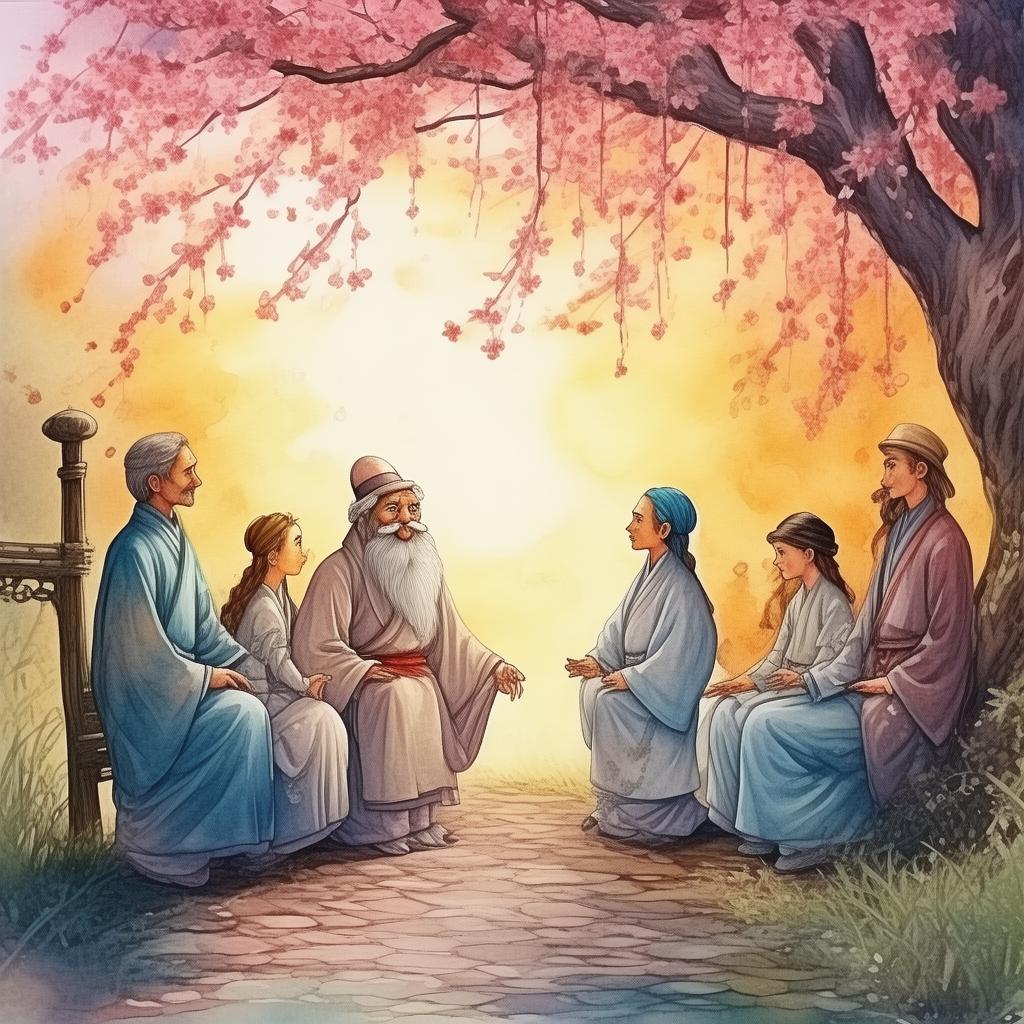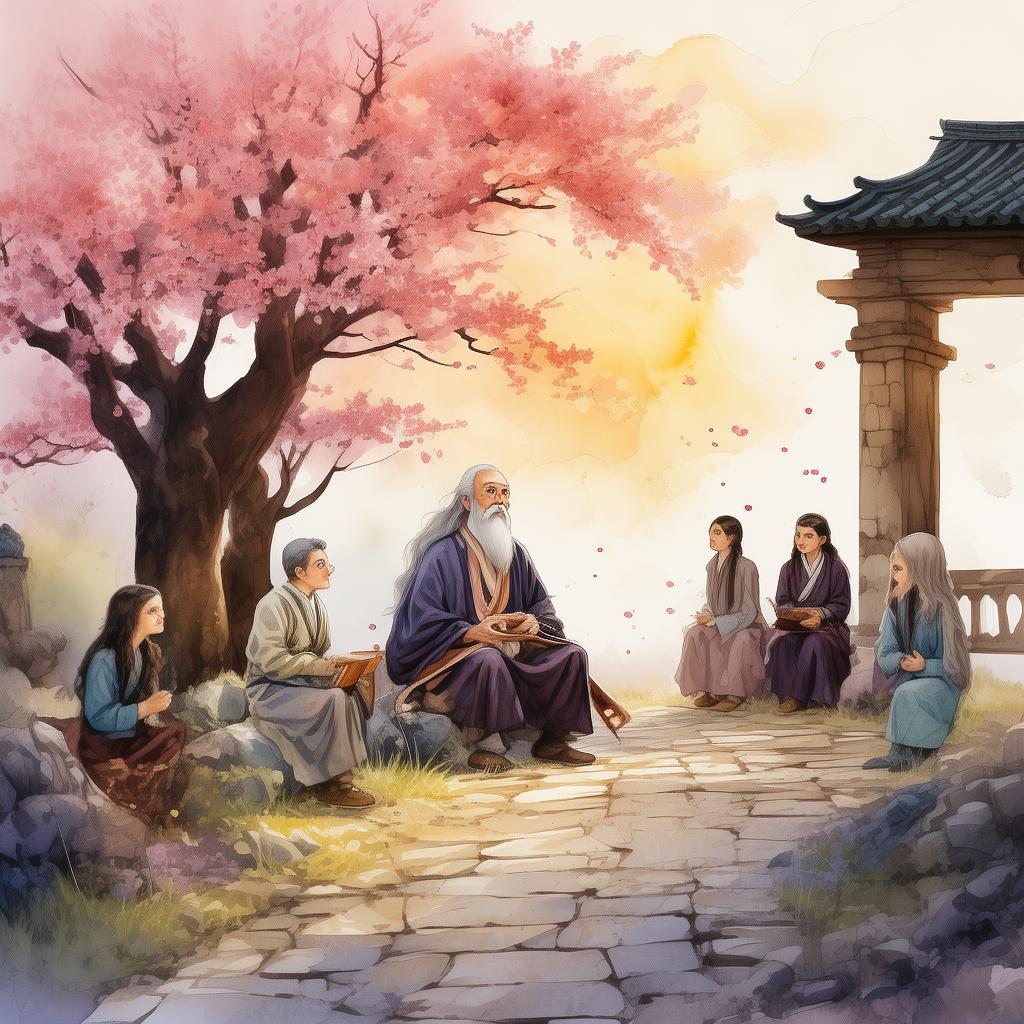The Whispers of the Ancients: The Origin of "The Mountain of the Immortals"
In the heart of the Elysian Plain, where the whispers of the ancients still resonate, there lay a mountain known to the world as "The Mountain of the Immortals." This peak, towering above the rest, was said to be the abode of the gods and the final resting place of heroes who had defeated the forces of evil. The story of this mountain is one that has been told for centuries, and it is through the etymology of its name that we begin to understand the historical mystery that surrounds it.
The origin of the phrase "The Mountain of the Immortals" is shrouded in mystery, but it is believed to have roots in the ancient language of the Elysians, a civilization that once thrived in the region. The Elysians were a people of great wisdom and were known for their deep understanding of the world and its origins. They had a unique way of naming places and objects, imbuing them with meanings that transcended the physical realm.
The word "Elysian" itself is derived from the ancient Greek "Ἠλύς" (Elysion), which was a name for the land of the dead, a place of eternal rest and joy for the souls of the virtuous. This land was often associated with a mountain, which was considered the gateway to the afterlife. The Elysians, in their own language, referred to this mountain as "Tīrēn," which meant "eternal abode."
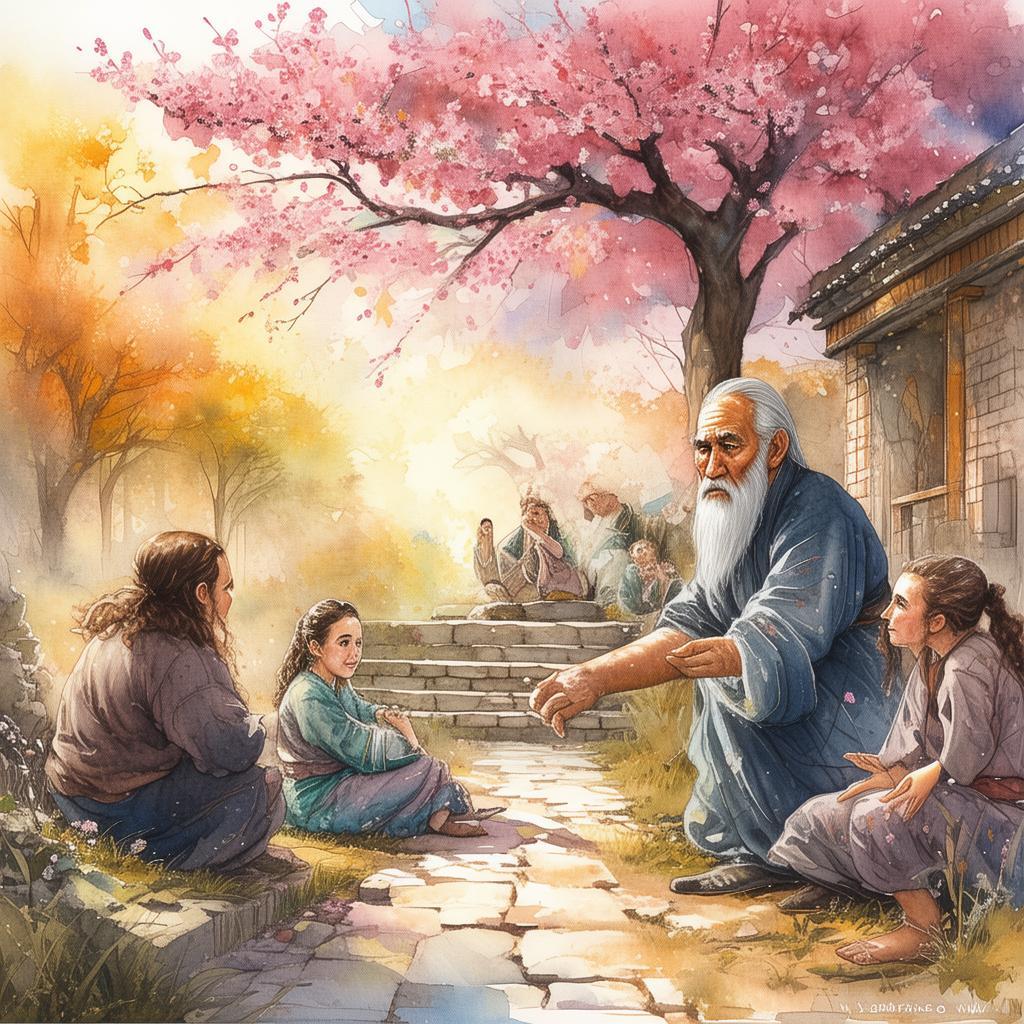
The term "Tīrēn" became the foundation for the phrase "The Mountain of the Immortals." The word "immortals" in this context does not refer to the mythical beings such as gods or heroes, but rather to the enduring nature of the mountain itself, which was believed to be a timeless, eternal structure. It was a place where the spirits of the virtuous would forever reside, free from the cycle of birth and death.
In the Elysian texts, there is a story of a great sage named Elyon, who was said to have climbed the mountain in search of wisdom and enlightenment. It was during his ascent that he encountered a vision, a vision of the ancient Elysian pantheon, each deity representing an aspect of the natural world and human life. Elyon was so moved by this vision that he vowed to preserve the knowledge of the gods and the mysteries of the mountain.
The story of Elyon spread far and wide, and with it, the name "The Mountain of the Immortals" became synonymous with the pursuit of eternal wisdom and the quest for understanding the universe. Over time, as the Elysian civilization declined and their language became a forgotten tongue, the name was adapted by other cultures, each adding their own interpretations and meanings.
One such interpretation came from the Romans, who believed that the "Mount Olympus" was the equivalent of the Elysian "Tīrēn." They saw it as the abode of their own gods, a place where they would reside after their deaths. The Roman name "Olympos" also means "mountain" in Greek, and it was through the influence of the Romans that the phrase "The Mountain of the Immortals" became part of the Western lexicon.
As the centuries passed, the mountain continued to be a source of inspiration and mystery. It was said that the air around the mountain was filled with the essence of ancient knowledge, and that those who climbed it would be forever changed by the experience. The phrase "The Mountain of the Immortals" became a symbol of the quest for knowledge and the pursuit of the eternal.
In the modern world, the mountain remains an enigma, its secrets locked away in the layers of time. Yet, the phrase itself has become a testament to the enduring power of language and the desire to understand the world around us. It is a reminder that even in the face of the unknown, we continue to seek answers and to uncover the hidden stories that bind us to the past.
The tale of "The Mountain of the Immortals" is a story that transcends time and culture, a narrative that speaks to the human soul's longing for wisdom and the eternal. It is a story that will continue to be told, a legend that will never fade, a reminder that in the whispers of the ancients, we find the roots of our own existence.
✨ Original Statement ✨
All articles published on this website (including but not limited to text, images, videos, and other content) are original or authorized for reposting and are protected by relevant laws. Without the explicit written permission of this website, no individual or organization may copy, modify, repost, or use the content for commercial purposes.
If you need to quote or cooperate, please contact this site for authorization. We reserve the right to pursue legal responsibility for any unauthorized use.
Hereby declared.

